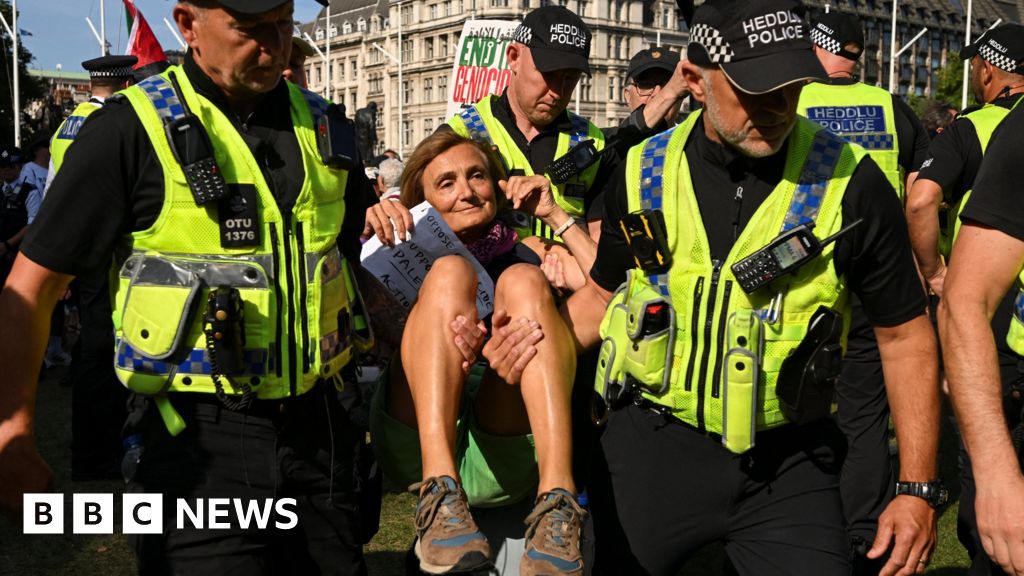
A crime researcher has found that the police's behaviour when dealing with complainants is critical. (Heleen Boshoff/TygerBurger)
- A crime researcher has found that the police's behaviour when dealing with complainants is critical.
- Lizette Lancaster found that better relations with the public would ultimately result in convictions.
- Lancaster said that for victims of crime, it was not only how they were treated, but the perception that their cases were taken seriously.
Good old manners and behavioural change among officers at police stations are conducive to an environment that ultimately results in convictions, research has found.
The research was conducted by Lizette Lancaster, the manager of the Crime and Justice Information and Analysis Hub at the Institute for Security Studies (ISS), who carried out a presentation at a police summit in Ekurhuleni.
Speaking on the sidelines of the summit on Wednesday, Lancaster said the relationship between the community and police officers was critical.
"First impressions are critical for policing to succeed because they can greatly influence how a civilian interacts with a SAPS member, potentially impacting the outcome of a situation, including whether they cooperate, whether a situation escalates, or whether a person feels comfortable reporting a crime or coming forward as a witness," she said.
Her research indicates that the public form opinions about the police on the basis of their own experiences and those of trusted family and friends.
READ | 'We have to instil a culture of honesty and integrity in the police' - Ramaphosa
"Camera phones and social media make it easy for one bad impression to go viral and influence the perceptions of many. Often these become memorable and drown out the good impressions that came before," she warned.
"Research I did for SAPS strategic management between 2003 and 2007, consisting of exit interviews at the top 164 high-crime stations and interviews with victims of crime from closed dockets, highlighted these very messages about how first impressions matter in different circumstances," she added.
Lancaster said that for victims of crime, it was not only how they were treated but the perception that their cases were taken seriously, even if justice was slow or never came.
This is called procedural justice, she said.
Her research found that 89.5% of those satisfied with the police indicated police conduct, commitment, responsiveness, trustworthiness and communications were more important than case outcomes, arrests, the investigation, or the recovery of stolen goods.
ALSO READ | Police intensifies fight against GBV, corruption, and organised crime - Mchunu
Lancaster added that the level of respect shown to victims and perceived commitment to their cases had a greater impact on perceptions of satisfaction with the police than solving the case.
She added that one of the main reasons for a lack of trust was the perception of bribes, harassment, and dealing with people harshly or brutally.
Lancaster pointed out that a Human Sciences Research Council survey showed that by 2021, only 27% of the public trusted the police - down from a high of 47% in 1999.
"This indicates that the SAPS has been struggling to build its legitimacy amongst the public since the end of apartheid but that trust levels are now at its worst," she added.
"A 2014/2015 survey by the Eastern Cape Department of Community Safety also found that trust was a critical dimension of community-police relations.
READ MORE | Two private security guards shot dead inside vehicle in Cape Town
"More than 56 international studies showed that a police member's conduct and actions influence perceptions of police legitimacy. If officers treat the public respectfully, listen to them, are ethical and professional and communicate well, they are more likely to respond respectfully."
In 2024, the ISS made several recommendations aimed at strengthening policing in South Africa, including suggestions on how to restore pride in the profession and uniform.
"Therefore, to ensure procedural justice is implemented throughout the organisation, it is vital to strengthen the various levels of oversight and supervision in the police and ensure that the correct people are recruited for the organisation, training and mentoring are rigorous, and integrity is instilled from the beginning.
"This also requires an effective and dedicated disciplinary system and a well-resourced national anti-corruption unit that focuses on serious police misconduct," Lancaster said.
 (1).png)
 4 months ago
26
4 months ago
26

















